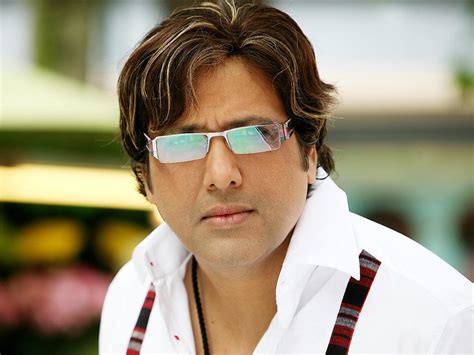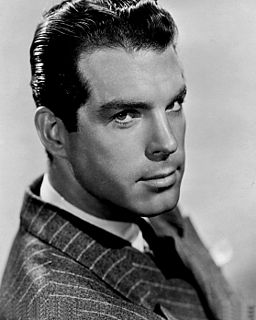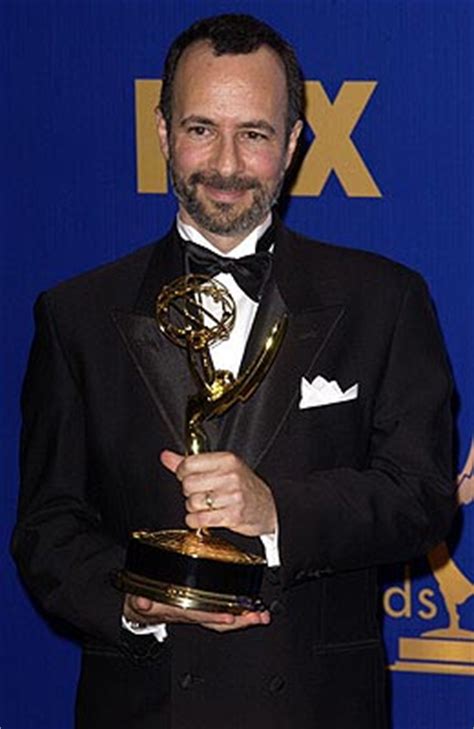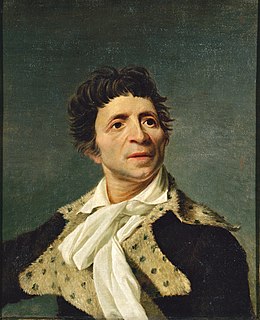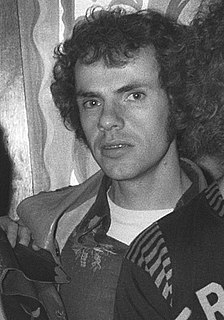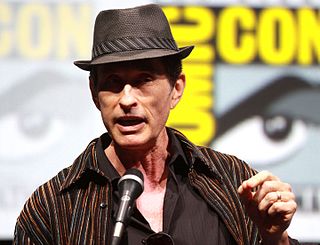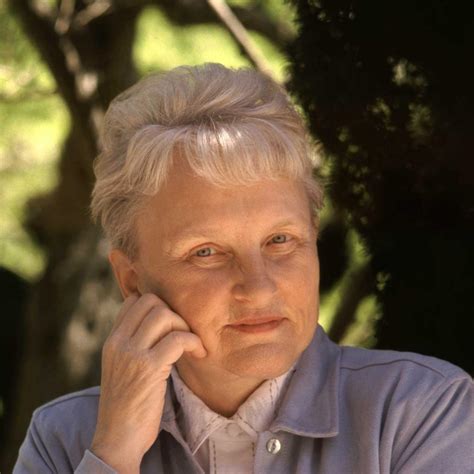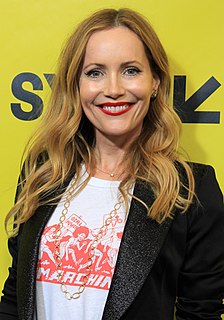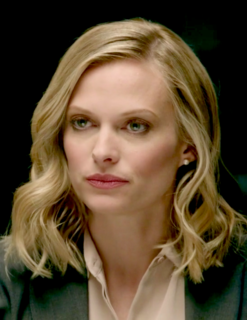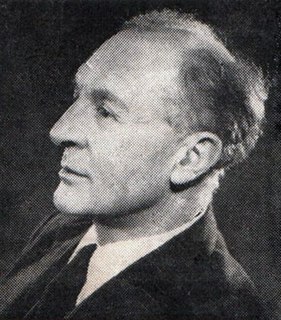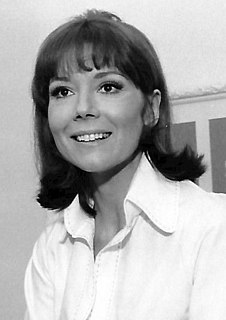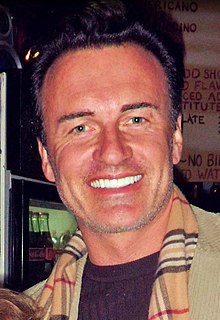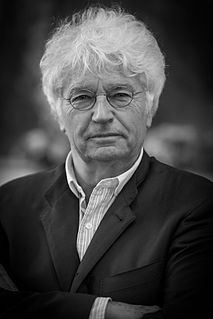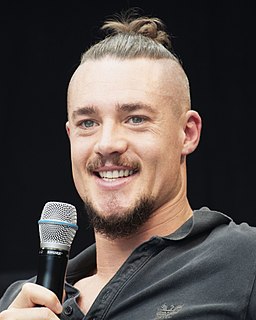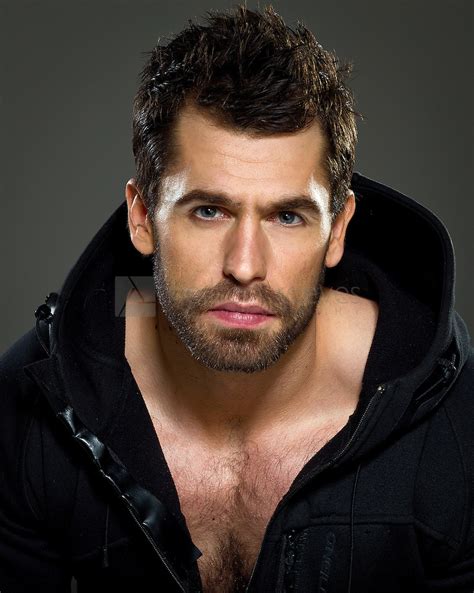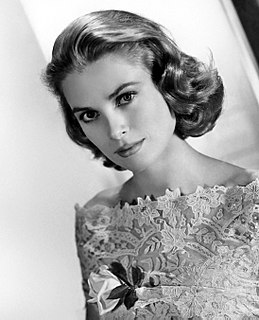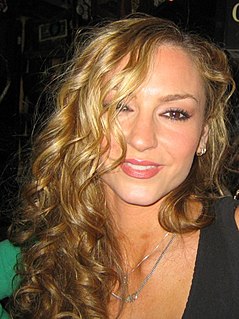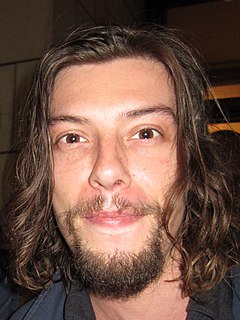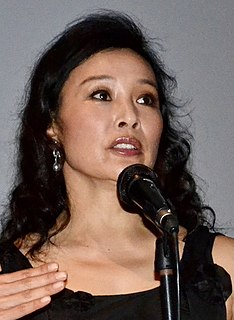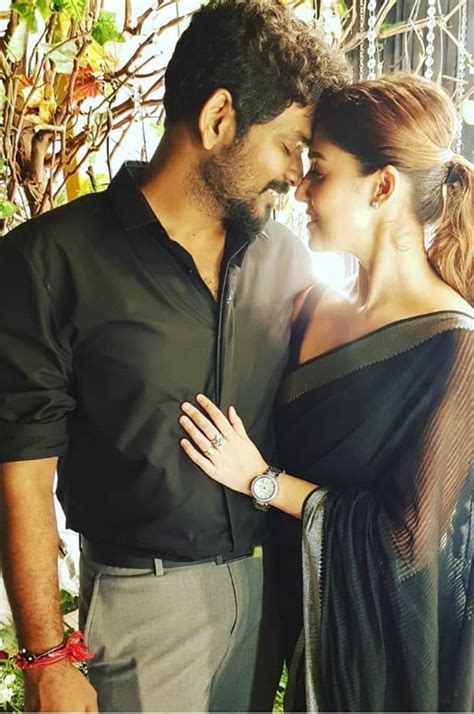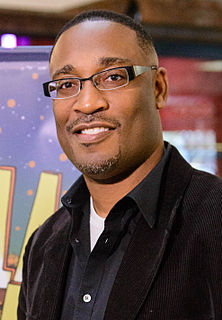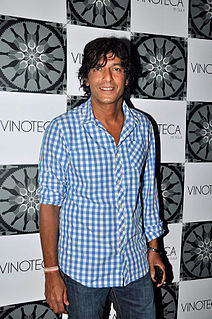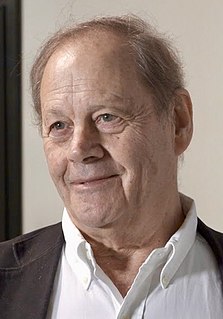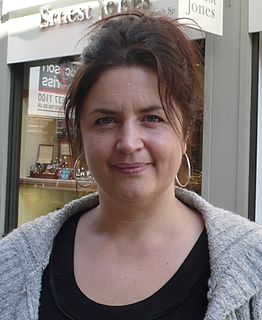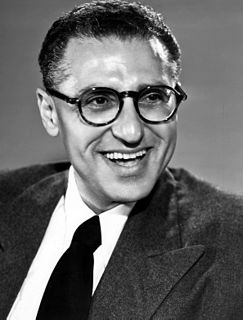Top 1200 Scenes Quotes & Sayings
Explore popular Scenes quotes.
Last updated on April 14, 2025.
Somebody comes to your house. You know they're coming, so it's not a surprise. And they give you an envelope that has your scenes in it. And they sit in the car outside for a half an hour while you read your scenes, then they ring your doorbell and you give your scenes back. Then you shoot the movie a few weeks later or something. The next time you see your scenes is the night before you start shooting. I never read the script [Blue Jasmine], so I didn't really know what it was about.
I have a graduate degree from Penn State. I studied at Penn State under a noted Hemingway scholar, Philip Young. I had an interest in thrillers, and it occurred to me that Hemingway wrote many action scenes: the war scenes in 'A Farewell to Arms' and 'For Whom the Bell Tolls' come to mind. But the scenes don't feel pulpy.
Both as a filmmaker and as a fan I love the behind-the-scenes stuff, I like it even more than deleted scenes frankly. Especially when you're happy with the movie and you're proud of it, those deleted scenes give you also a sense of the making of the film and the process through which you end up with the final product.
When I was on 'The Golden Girls,' we'd have eight scenes per show. And when 'Seinfeld' came along, they went to, like, 30 scenes a show, which was revolutionary. 'Arrested Development' has probably got 60 scenes per show. It just keeps emerging as this more and more complex thing. I always try to keep it very simple at its heart.



